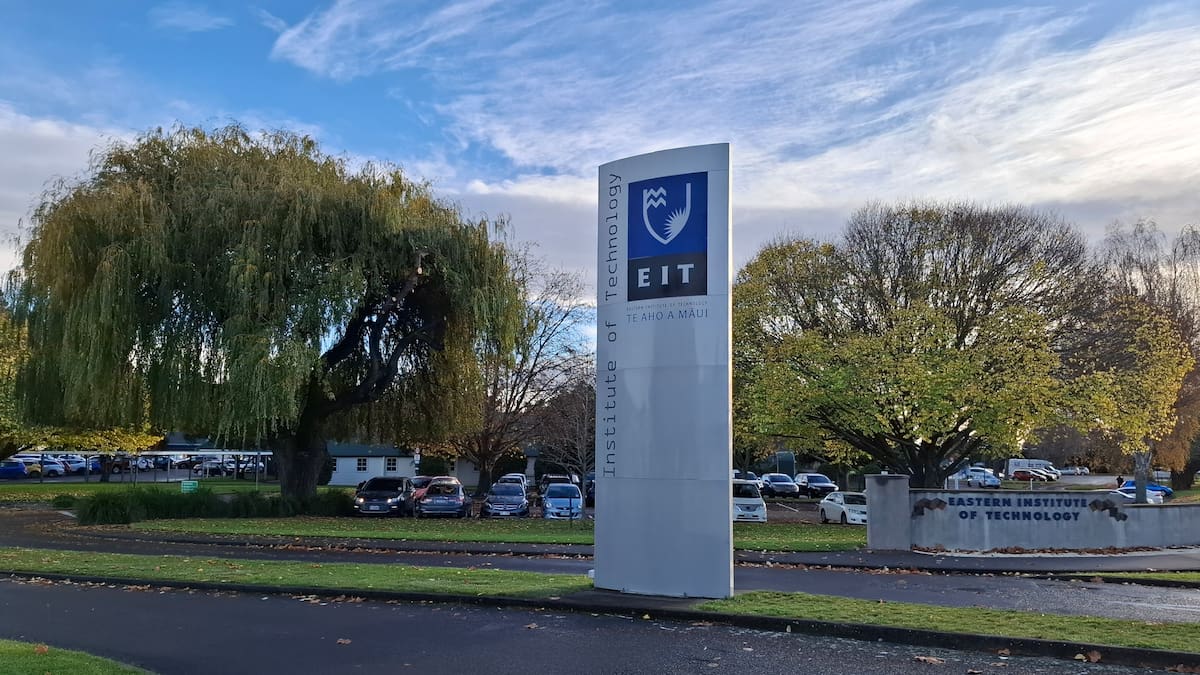HR Tech Troubles? 10 Common Pain Points & Smart Solutions to Boost Efficiency

Human Resources (HR) teams are increasingly reliant on technology to manage everything from recruitment and onboarding to performance reviews and payroll. However, implementing and optimizing HR tech isn't always smooth sailing. Many HR professionals face frustrating pain points that hinder productivity and create unnecessary headaches. This article tackles 10 common technology challenges faced by HR teams and provides practical solutions to overcome them, ultimately boosting efficiency and freeing up valuable time.
1. Siloed Systems & Data Integration Issues
One of the most frequent complaints is the lack of integration between key HR systems. Imagine manually entering employee data into multiple platforms – a recipe for errors and wasted time. Solution: Prioritize integrated HRIS (Human Resource Information System) platforms. Look for systems that seamlessly connect payroll, benefits, talent management, and other crucial functions. APIs (Application Programming Interfaces) are key here; ensure your systems can communicate with each other.
2. Outdated or Inflexible Software
Legacy systems can be a major drag. If your software is clunky, difficult to use, or doesn't adapt to changing business needs, it's time for an upgrade. Solution: Embrace cloud-based HR software. These platforms offer scalability, flexibility, and often, a more user-friendly interface.
3. Data Security Concerns
HR handles sensitive employee information, making data security paramount. Breaches can lead to significant legal and reputational damage. Solution: Implement robust security measures, including encryption, multi-factor authentication, and regular security audits. Ensure compliance with relevant data privacy regulations (e.g., GDPR, CCPA).
4. Lack of User Training & Adoption
Even the best technology is useless if employees don't know how to use it effectively. Solution: Invest in comprehensive training programs and ongoing support. Create user-friendly documentation and consider appointing “super users” within the HR team to assist colleagues.
5. Mobile Accessibility Issues
In today's mobile-first world, HR systems need to be accessible on any device. Solution: Choose HR software with responsive design or dedicated mobile apps. This allows employees and managers to access information and complete tasks on the go.
6. Reporting & Analytics Limitations
Without meaningful data insights, it's difficult to make informed HR decisions. Solution: Select a system with robust reporting and analytics capabilities. Look for features like customizable dashboards, data visualization tools, and the ability to track key HR metrics (e.g., turnover rate, cost per hire).
7. Difficulty Managing Remote Teams
With the rise of remote work, HR needs tools to effectively manage geographically dispersed teams. Solution: Utilize collaboration platforms, virtual meeting tools, and performance management systems designed for remote environments.
8. Onboarding Challenges
A disorganized onboarding process can lead to employee frustration and decreased productivity. Solution: Automate onboarding tasks with HR software, including paperwork, training assignments, and introductions to team members.
9. Performance Management Inefficiencies
Traditional performance reviews can be time-consuming and subjective. Solution: Implement a continuous performance management system that provides ongoing feedback and coaching.
10. Budget Constraints
Implementing new HR technology can be expensive. Solution: Carefully evaluate your needs and prioritize solutions that offer the greatest ROI. Consider cloud-based options, which often have lower upfront costs.
By addressing these common technology pain points, HR teams can transform their operations, improve employee experiences, and drive business success. Don't let outdated or inefficient systems hold you back – embrace technology to unlock your HR team's full potential.






